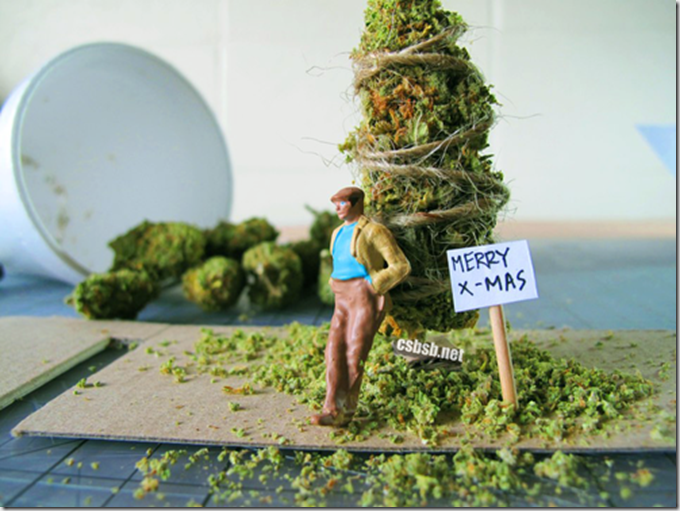
Andrew Brown
Editor
Welcome to the freshly revamped Cannabis Digest! I am pleased to be able to help out Ted, the awesome staff and members of the CBC of C, and all the current and future readers. I have spent many hours working on this paper —toiling between all of my other commitments and responsibilities — trying to create something that will reflect properly on the people who are selflessly committed to educating and helping out members of our society.
I met Ted Smith a couple of years ago while writing a story for my university newspaper. I forget what the premise of the article was—and actu- ally forget most of the interview, for that matter — what I do remember was the tremendous sense of community between members and staff, brought together by their passion to fight for their rights to access safe medicine. I was given a tour and had an enlightening discussion about what the CBC of C does. I saw first hand the people who benefit from the club, and the real necessity in our society for cannabis dispensaries.
This leads into the recent blow the med community has suffered. On Mar. 31, C.A.L.M. (Cannabis As Living Medicine) which is a compassion club on Queen St. in Toronto, was raided by the 51st Division of the Toronto Police Department. The club is among the oldest in Canada, and has been operating without police intervention for 14 years. Why now? At the time of writing this, I can only speculate political pressure; but the police have said that they were responding to complaints, without releasing any other details.
Public support for cannabis as medicine is at an all-time high. Depend- ing which statistics you refer to, support is up in the high eightieth percentile; and support for full legalization has broken the fifty percent mark. The public has spoken, but with the Right Wing minority government currently in power, we seem to be shouting in deaf ears while they hit us over the head with their legislation stick — repeatedly ignoring experts, studies, and statistics proving that they are wrong— trying to pass “tough on crime” bills. And who suffers? Everyone.
It is well-known, and supported by expert criminologists, that by increasing the criminality of a substance, they are increasing the value of the substance on the black market. Criminally minded individuals and organized crime “gangs” will be the first to try and get a piece of the, even more lucrative, market that will be created—by any means necessary. If a regulated market is introduced, the means will be in place to provide a safer product and safer access.
Clubs currently in operation, are the only places where patients can feel somewhat safe purchasing their medicine—avoiding the shady alley treatment and the questionable quality of the product. C.A.L.M. members are now being forced to obtain their medicine from other sources, and many being forced to purchase from the black market.
It’s hard to watch our government and police—the people supposed to protect the public — wage war on vulner- able members of our society. The public wouldn’t tolerate the government refusing a cancer patient their morphine for pain control; but for some reason the public is tolerating the governments refusal of a safer, natural, more effective medicine that benefits these same individuals.
The MMAR program for legal access has just over 4000 participants, and is greatly flawed. Many doctors sup- port the use of cannabis as medicine and are fine writing referrals for compassion clubs, but are hesitant to sign the government forms. This reason alone should be enough for police and government to create a legal exemption for clubs, and begin to focus issues far more pressing than somebody “getting high.”

